How Kids Feel About Their Parents' Separation: Impact, Signs, and Coping
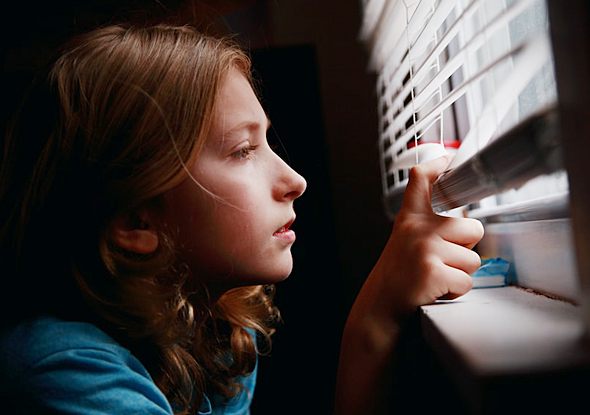
- This blog contains affiliate links, which we may receive a commission for purchases. The decision is yours, whether or not you decide to buy.
It's not easy to split up. It has inspired entire novels and famous songs. Divorce can be an especially difficult circumstance when children are involved. Breathe. You've come to the correct place.
Divorce does have an effect on children, sometimes in surprising ways. Well, overall, it's not all bad news. If you find yourself becoming overwhelmed, tell yourself that you are doing what is best for you and your family.
Moving forward, do your best to plan ahead of time, identify potential warning signals, and be emotionally present for your youngster. That being said, let's get started with some ways your child may express their concerns about separation.
They May Isolate Themselves Socially
You may also notice that your social butterfly's shyness or anxiety has increased. Of course, they're suffering from a lot right now. They may appear uninterested in social situations, such as hanging out with friends or attending school events.
Divorce and social retreat are both related to low self-image, so improving your child's confidence and inner dialogue may help them come out of their shell again.
They Experience Separation Anxiety
Younger children may exhibit separation anxiety symptoms such as increased weeping or clinginess. Of course, this is a developmental milestone that usually begins between the ages of 6 and 9 months and concludes around the age of 18 months.
Even yet, older toddlers and children may exhibit signs of separation anxiety or ask for the other parent when they are not there. Some children may respond well to a steady routine as well as visual aids, such as a calendar with clearly designated visitations.
Their Eating and Sleeping Habits Shift
One 2019 study asks whether or not children literally bear the weight of divorce. While children's body mass index (BMI) does not indicate an immediate influence, it may be "significantly" greater over time than children who have not experienced divorce.
These implications are particularly obvious in children who have been separated from their parents before the age of six. Children of all ages experience sleep problems, which may contribute to weight gain.
This is related to regression, but it also includes things like nightmares or believing in monsters or other fanciful beings that cause dread before bedtime.
They Suffer from Depression
While a child may initially feel depressed or sad as a result of the divorce, research shows that children of divorce are more likely to develop severe depression. Even more alarming, a few are more likely to make or attempt suicide. While these problems can affect children of any age, they are more common in children aged 11 and up.
According to the American Academy of Pediatrics, boys are more likely than girls to have suicidal thoughts. For this reason, seeking the assistance of a competent mental health professional is crucial.
They Are Dealing with Their Own Relationship Issues Finally, studies suggest that when parents divorce, their children are likely to end up in the same situation as adults. The argument here is that a divorce may alter a child's outlook toward partnerships in general. They may be less willing to commit to long-term collaborations. Divorce also teaches children that there are alternatives to traditional family structures.
According to the research, children may choose cohabitation (living together without being married) over marriage. However, regardless of family history, it's important to mention that this is quite acceptable in our modern culture.
Last Thoughts
Much of the research and writing on divorce demonstrates that children are resilient. The repercussions of separation are typically more difficult in the first 1 to 3 years.
Furthermore, not all children suffer unfavorable consequences as a result of divorce. Those who live in high-conflict areas may even regard the separation as a positive. In the end, it all comes down to doing what is best for your family.
And families can take many different forms. Make every effort to convey to your youngster that you are still a family – you are simply changing. Regardless of your relationship situation, your child wants to know that they have your unconditional love and support.
For further information regarding your situation, make contact with an expert Divorce Lawyer to pursue smoothly.
Author Bio: Mark Berry is a lifestyle blogger whose writing is focused on self-development, health & fitness, tips and tricks to work from home, entertainment, and personal injury law. He encourages readers to live their dreams but also teaches them to be realistic and practical. He loves to share his insight on life experiences and contributes to various online platforms in the same niche.
PHOTO: ALEXANDER GREY
You may also like
Books
Buy now from Amazon
Podcast
If you’re looking for some straight-up, positive advice on topics that affect your daily life, then check out The Sue Atkins Parenting Show. Each week Sue bare will discuss every possible aspect of your parenting challenges, from weaning to whining, boundaries round technology to stroppy teens. You’ll get practical tips, techniques and advice that really work- and it’s all totally free.
Articles
- 5 Ways To Parent With A Narcissist
- How To Be Great Parents Through Separation And Beyond
- Divorce From A Child's Perspective
Events
Practical tips & advice designed to help people going through divorce, whether online or in person.
Useful links
Here's a selection of organistaioins from parenting to finance to help you with your divorce.
Parenting professionals
Related Posts
-

Managing Children’s Screen Time in Shared Custody: A Practical Guide for UK Parents
-
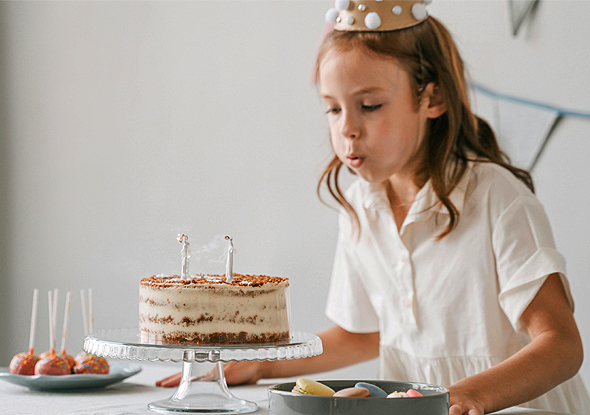
Creating a Child-Centered Holiday Plan After Divorce: Minimising Stress and Maximising Joy
-
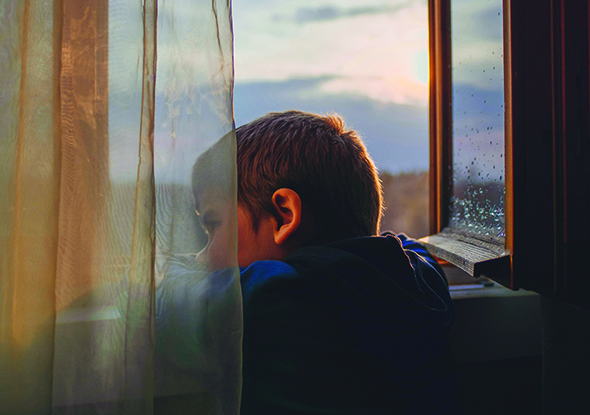
Successful Co-Parenting After Divorce: A Practical Guide for Separated Families
-
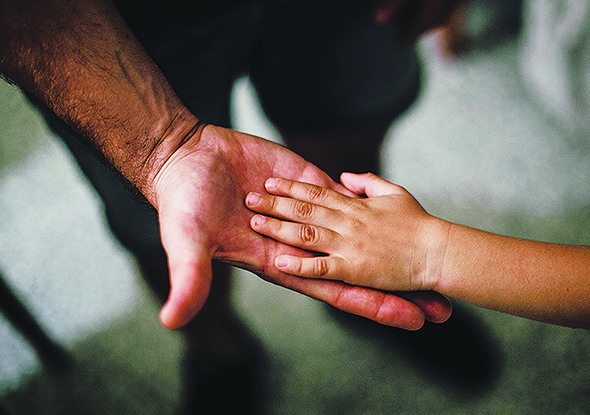
How to Support Your Children Through Divorce: 4 Practical Steps for Parents
-
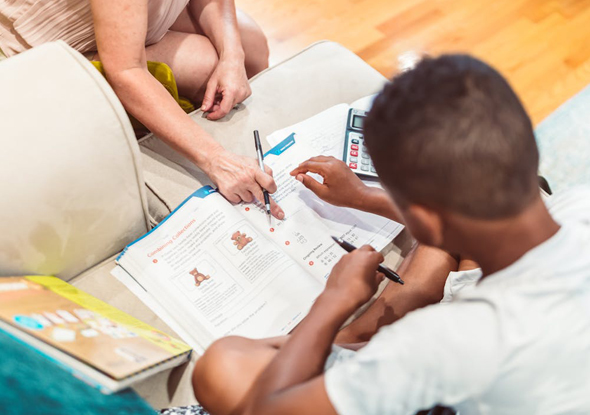
Top 5 Essentials For An Effective Parenting Plan

.jpg)
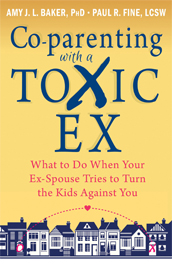
.jpg)


.jpg)

